Activated iNKT cells can activate killer T cells, NK cells and macrophages and proliferate them to fight cancer.
Activated iNKT cells kill the immunosuppressive cells prepared by cancer cells, thereby relieving various immunosuppressions and greatly improving the immune status in cancer tissues.
Activated iNKT cells can inhibit the blood vessels that supply nutrients to cancer substances and produce inhibitory effects.
Artificially activated iNKT cells can produce immune memory stem cells against cancer and induce immune memory that can attack cancer for a long time.
The treatment cycle of iNKT immune cell therapy is short, only more than 1 month
Activate the immune cell group that already exists in the patient's body but is weakened by the influence of cancer
iNKT cells can form long-term immune memory
iNKT cancer therapy can kill two types of cancer cells ("cancer cells expressing cancer cell antigens" and "cancer cells that do not express cancer cell antigens") at the same time with the help of adjuvants, effectively inhibiting the spread of cancer
iNKT cells are a "universal" effective therapy that is unrelated to the patient's HLA type
iNKT cells are the only cells in the immune cells that can react functionally with immature dendritic cells, promote the maturation of dendritic cells suppressed by cancer, activate the immune system with incomplete immune function, and help patients restore their immune function to cancer
Early stage patients: Highly effective in killing tumor cells in patients and increasing the possibility of recovery.
Postoperative patients: Clear residual tumors after surgery to prevent tumor metastasis and recurrence.
Patients receiving radiotherapy and chemotherapy: Synergistic effect, reduce the side effects of radiotherapy and chemotherapy, and prevent tumor metastasis and recurrence.
Patients who cannot undergo other treatments: Enhance their own immunity and control tumor growth.
Late stage patients: Prolong the survival of patients, improve their quality of life, control or slow down the development of the disease, and achieve survival with tumors.
With the gradual awakening of the awareness of self-care, iNKT is a preventive measure to reduce the probability of cancer. It takes a small amount of self-blood to culture iNKT cells and then infuses them back into the body. It is very convenient to operate and has a certain health care effect in preventing cancer.
A method for promoting mineralization of dental pulp stem cells
A biological agent for inhibiting the production of adipocytes from adipose mesenchymal stem cells
A stem cell anti-aging mask
A method for achieving rapid expansion of iNKT cells
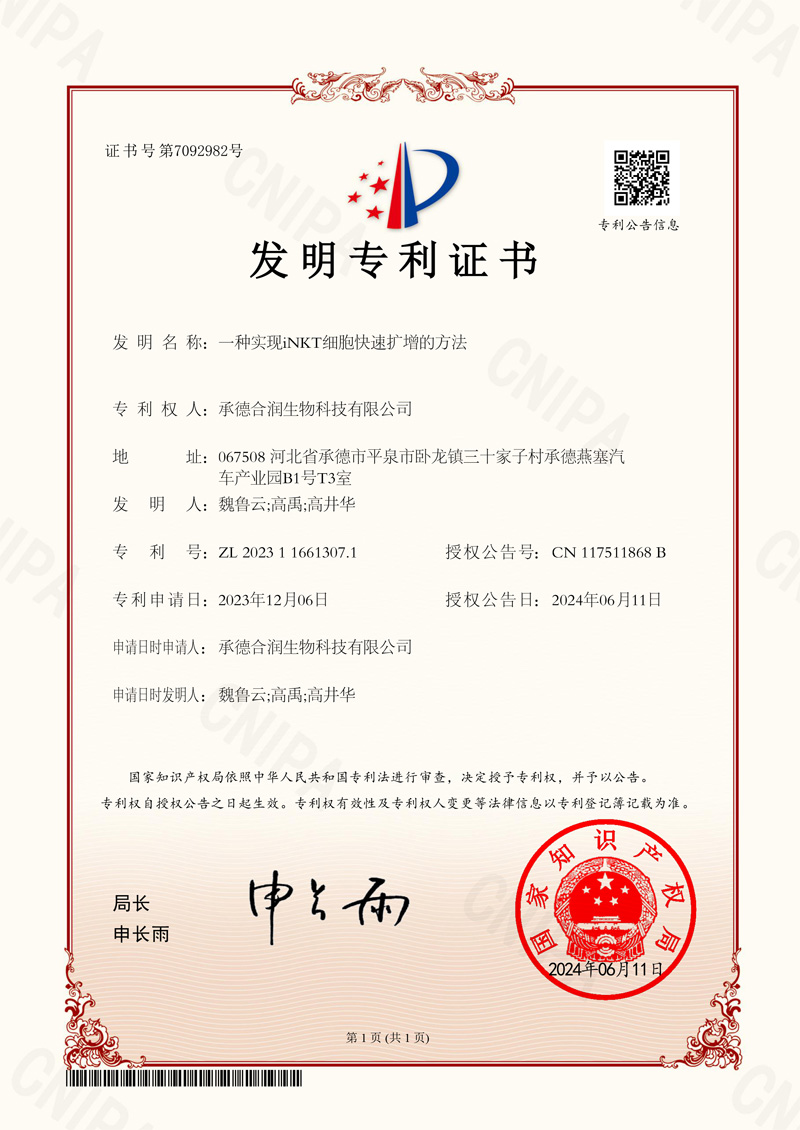
Application of a polypeptide in the preparation of a culture medium for promoting osteogenic differentiation of dental pulp stem cells
A method for improving the secretion and application effect of exosomes from uterine decidual stem cells
A method for nasal administration of postpartum depression based on prefrontal cortex-derived miR-10a-5p as a target
Exosome atomization device
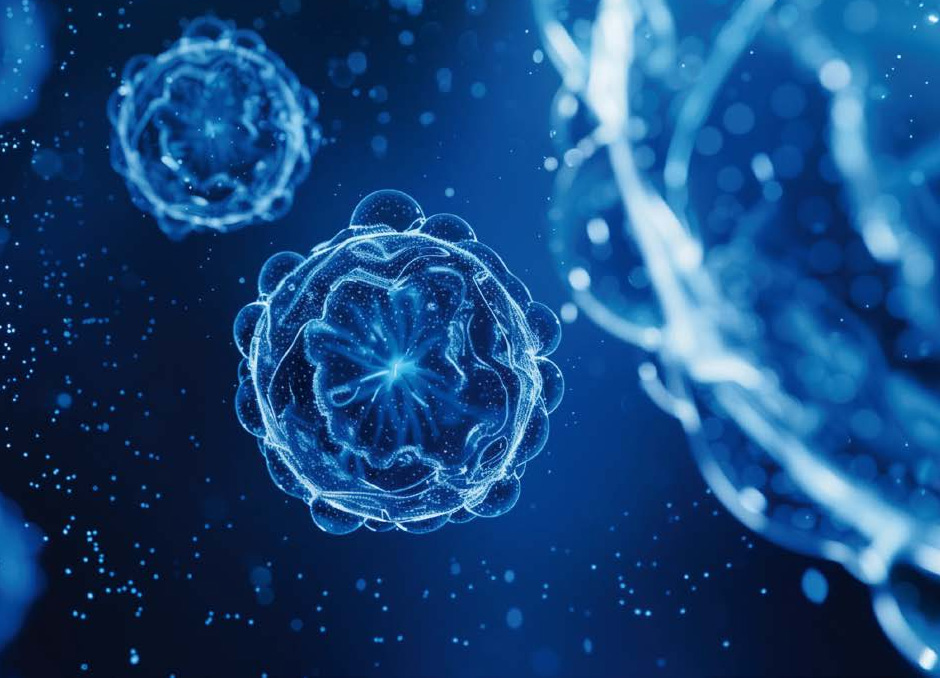
What are iNKT cells?
iNKT cells, also known as invariant natural killer T cells, belong to the natural killer T cell group and have the characteristics of T cells and natural killer (NK) cells. They are one of the earliest cell types to respond to pathogenic stimuli and can play a powerful anti-tumor and immunomodulatory role by bridging innate and adaptive immune responses.
What is iNKT therapy?
iNKT immunotherapy is to separate CD14-positive cells from human peripheral blood, culture them in the laboratory after specific antigen stimulation, obtain iNKT cells with super strong immune activity, and then inject them into the patient's body intravenously again to play a super anti-tumor effect.
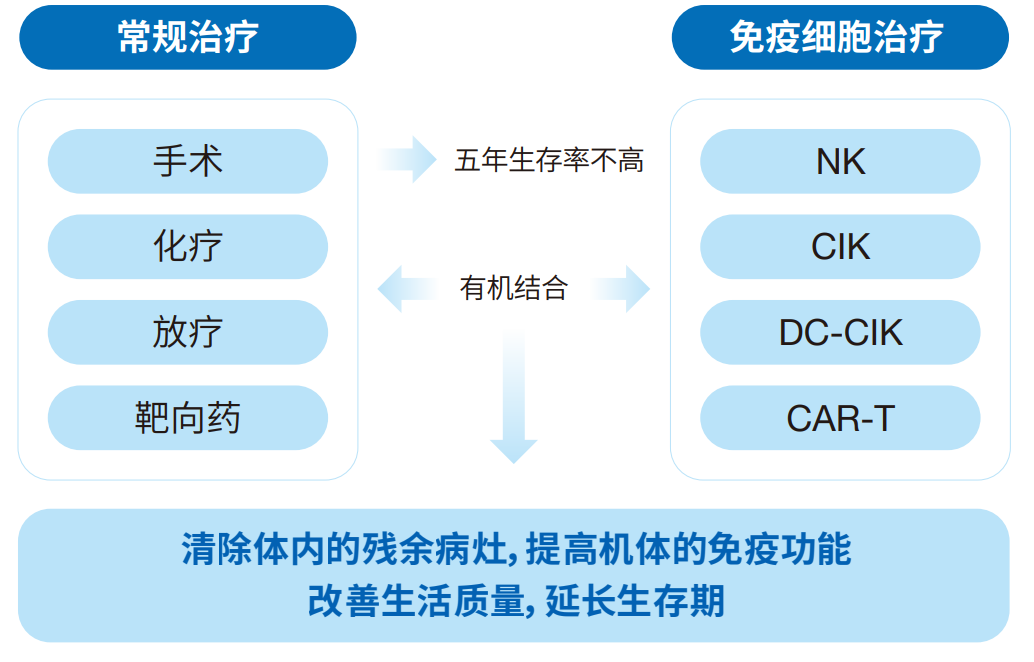
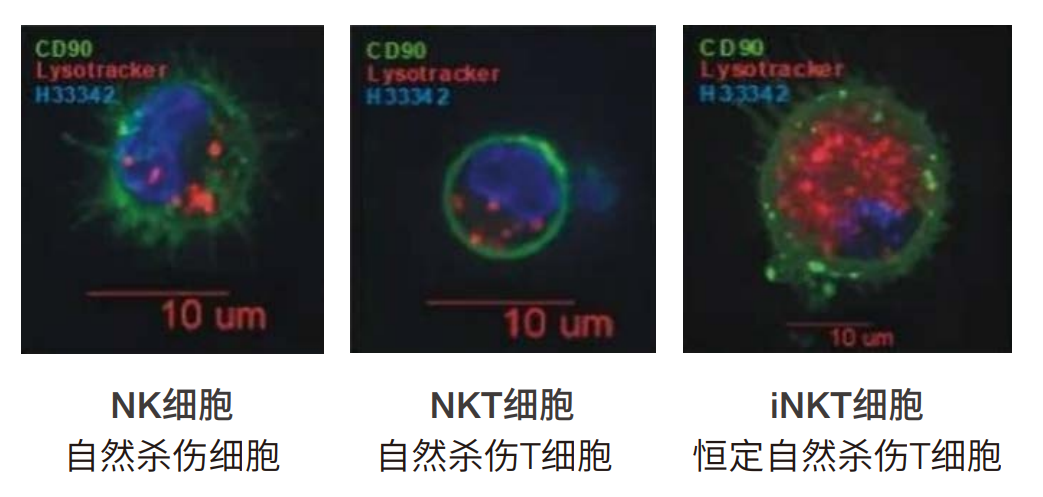
Advantages of iNKT cell therapy
Applicable population and efficacy of patients at different stages
Clinical data of cancer treatment with iNKT cell therapy
In 2018, 57-year-old Ms. Zeng was diagnosed with lung cancer. There are a large number of nodules of various sizes in both lungs, which are not suitable for surgery and radiotherapy.
Ms. Zeng went to Japan for treatment, and Japanese doctors recommended the use of anticancer drugs combined with iNKT immune cell therapy.
Ms. Zeng began to use anticancer drugs combined with iNKT immune cell therapy every two weeks in August 2018.
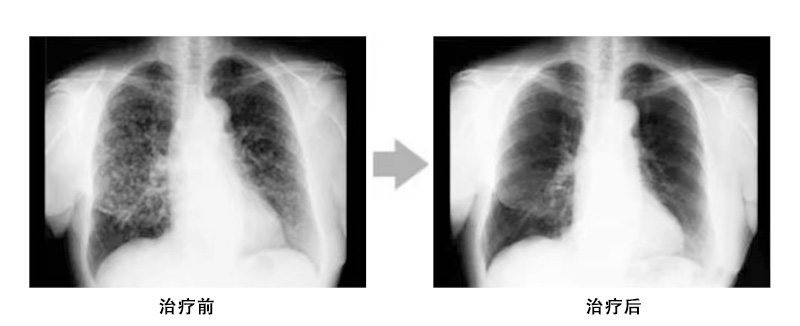
After 1 iNKT immune cell treatment, the main tumor has a tendency to shrink, and multiple nodules have gradually disappeared.
After 2 iNKT immune cell treatments, the main tumor disappeared, and the bilateral multiple nodules also basically disappeared.
The patient has returned to a normal life, and Ms. Zeng is now continuing to use anticancer drugs for treatment, living a normal life, and living a stable life.
Patent application status with Herun Bio as the main body
2 patents completed in 2022
5 patents/1 utility model patent applied in 2023
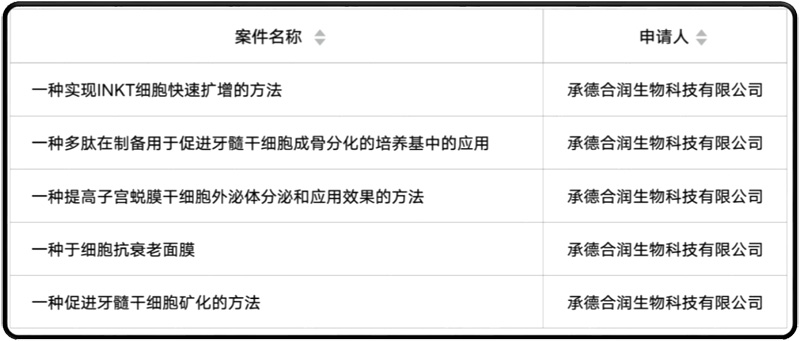
R&D expert
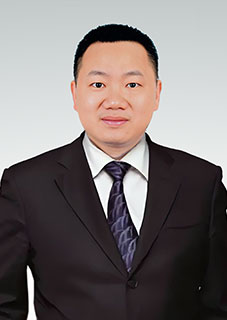
Li Jiada, Ph.D., Chief Scientist
Professor, Vice Dean, Doctoral Supervisor, School of Life Sciences, Central South University, Distinguished Professor of "Furong Scholar" of Hunan Province, winner of the "New Century Excellent Talent Program" of the Ministry of Education, and Director of the Hunan Key Laboratory of Animal Model Research on Major Human Diseases. Director of the Chinese Society of Cell Biology, Vice President/Secretary General of the Hunan Genetics Society, and Vice President of the Hunan Experimental Animal Society. He received his bachelor's degree from the Department of Biology of Lanzhou University in 1993, and his doctorate from the Shanghai Institute of Biochemistry and Cell Biology of the Chinese Academy of Sciences in 2001. He studied at the University of California, USA from 2001 to 2009. His main research direction: genetic regulatory mechanisms of childhood developmental abnormalities. He has received funding from a number of National Natural Science Foundations, 973 projects, and key research and development projects of Hunan Province. He has published more than 90 papers in Science, Nucleic Acids Res, J Neurosci, Faseb J, JBC, etc., obtained a US patent, and won the first prize of Hunan Natural Science (ranked fourth), Hunan Outstanding Science and Technology Worker, and Outstanding Teacher of Central South University. He guided undergraduates to win 2 gold medals and 1 silver medal in the International Genetically Engineered Machine Competition (iGEM).






